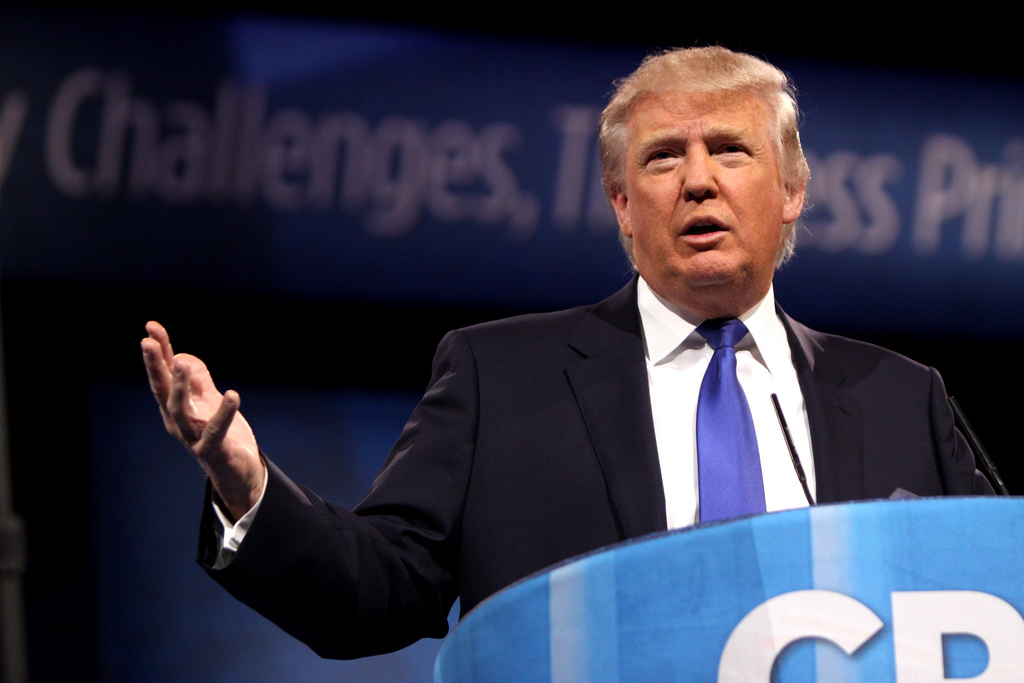President Trump recently released the first blueprint for his budget, set to be finalised in May, and here’s what you, as a WIS student, need to know:
How the Budget Works
The US government budget is the plan for the division of money the government will spend in a single year. It is divided into three sections: mandatory spending, discretionary spending, and interest on the national debt.
Mandatory spending is the portion of spending that the government does not change year by year––think Medicare, Medicaid, Social Security, food stamps, some veterans’ benefits, and some transportation/agriculture funding. This encompasses the core of US welfare programs, and, unlike other sectors of the budget, Congress does not review it year by year.
Interest on the national debt is the money paid by the US government to their countries and companies to maintain its loans, which are staggeringly high ($20 trillion) and threaten to eventually bankrupt the White House. Donald Trump made this a priority, saying he would easily end the debt crisis in eight years of presidency through spending cuts and increases in revenue.
Discretionary spending is the voluntary part or the segment Congress and Donald put together each year to fund the ‘Land of the Free.’ This includes paying for government, science, the military, and other aspects of government, administered by the 15 executive departments and other agencies.
Trump wants to cut spending to multiple of these areas in an effort to reduce the debt and to make room for increases in spending on select agencies. Some of the cuts bring departments to their lowest budgets in decades, while the total discretionary budget, of $1.15 trillion, is the lowest in 15 years after an overall cut of 1.2 percent.
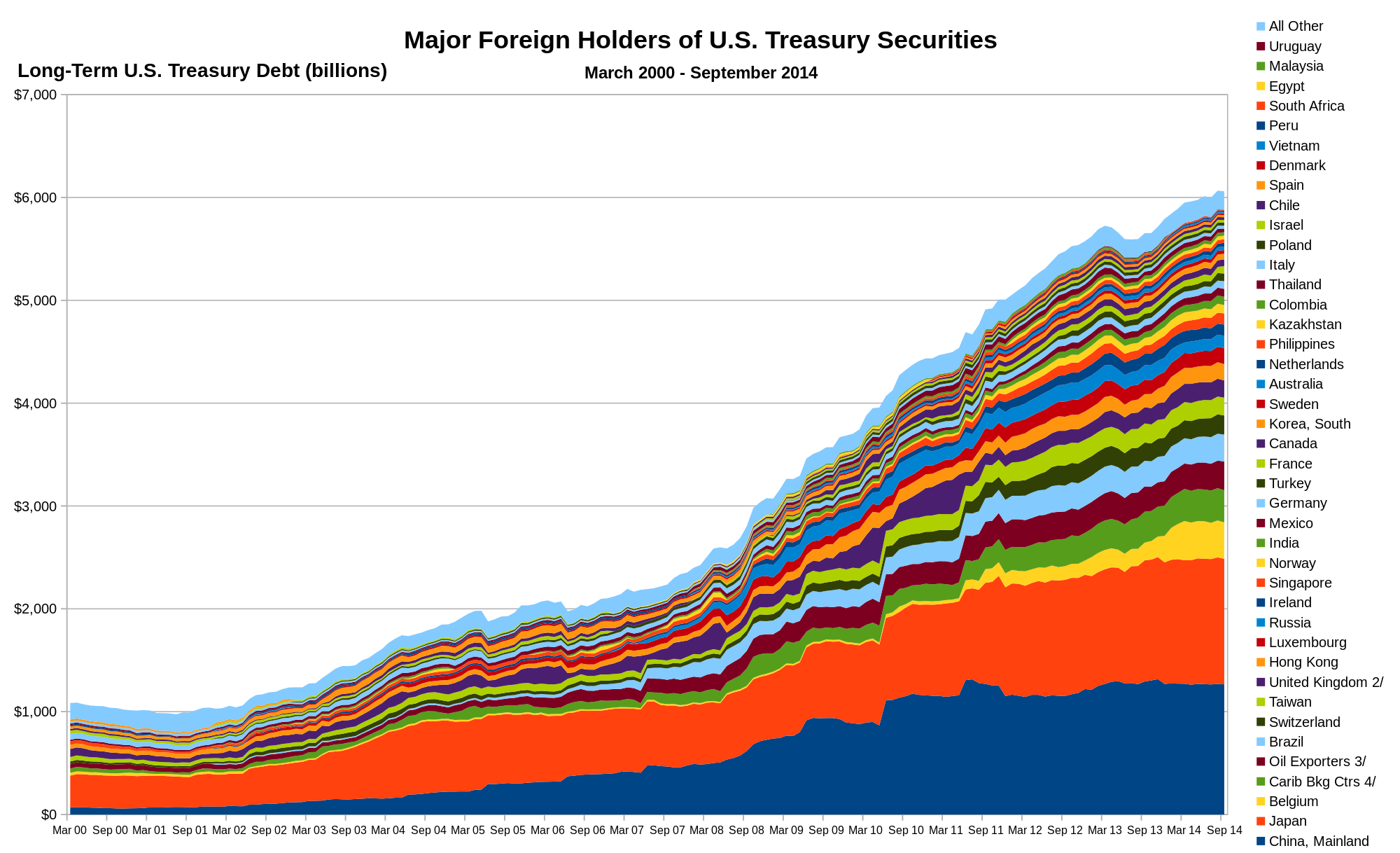
However significant this decrease is, the budget has several overall problems which make it less of a positive that advertised. First, not only would it barely reduce the government deficit, but this would still exist even if the government simply eliminated all discretionary spending. The budget also goes against many of Trump’s campaign promises to bring back jobs and revive American infrastructure, among others and alienates key segments of the electorate that voted for him through cuts on agencies supporting their development.
This Year’s Proposal
Trump plans to increase spending on the military, increasing it by 8.8 percent to $638.6 billion, which would be the highest since 2012, during the Afghanistan war. This reflects nationalist and “Make America Great Again” campaign rhetoric, with the increase generally aimed at building up military capacities and thus increasing US power projection, a policy advocated by the new Secretary of Defence, Commander James Mattis.
Similarly, the Department of Veterans Affairs is ramped up, with funding increased to $78.9 billion, the highest ever recorded. While the 6 percent increase is significant, funding for this department has been rising steadily since the 1980s, and thus part of a normal trend. Again, this is a reflection of Trump’s emphasis on the military while also being a move to achieve support, since the boost helps the powerful veteran voting block and since the health and well-being of veterans themselves is a popular issue across the country.
Homeland Security, the agency responsible for the maintenance of security in the U.S. whether through immigration or fighting terrorism, experiences an equally significant increase of 7.3 percent, the highest in five years. This reflects anti-terrorist and anti-immigrant policies proposed by Trump, as well as the plan for a wall between Mexico and the US. This is the last agency which would be increased.
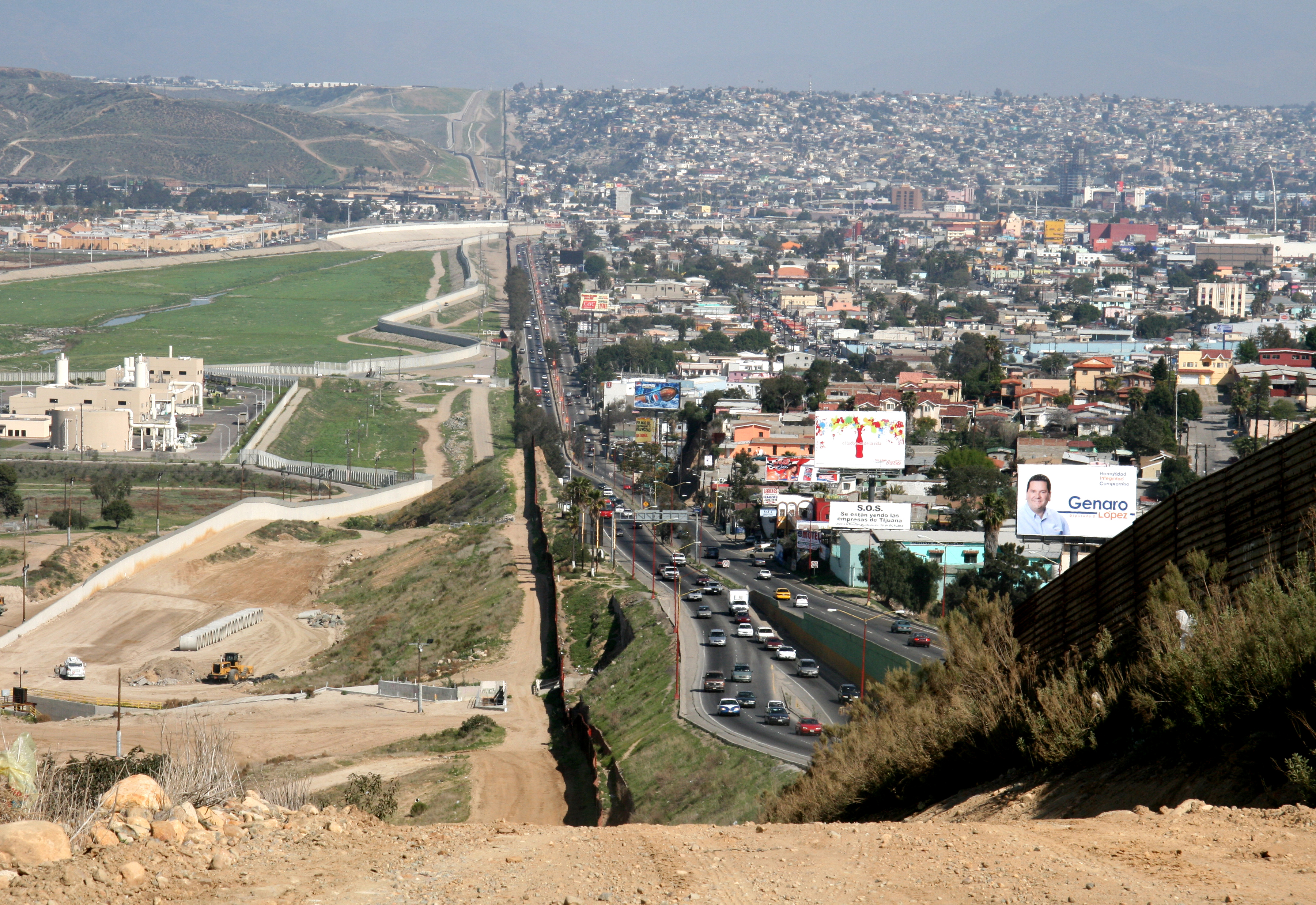
As mentioned in the campaign, Health and Human Services, the department responsible for the healthcare system as well as most other forms of welfare, would be significantly cut with the budget plan. At $69 billion, it would be lowered by 18 percent, the lowest in 18 years. This reflects the desire to eliminate the Affordable Care Act or “Obamacare, as well as other forms of welfare, a policy which has the support of conservative politicians in House and Senate.
However, it must be noted that large amounts of Americans, especially Trump voters, would suffer from such a move, since welfare cuts will endanger large segments of the lower classes and vulnerable population. Also important is the fact that Trump intends to cut health research programs, which are currently finding ways to counter powerful diseases like cancer and HIV/AIDS.
Like health, the public education system would also suffer heavily. Trump plans to cut the Department of Education by 14 percent, at a 17-year low of $59 billion. Such a policy goes with campaign lyrics and with the views of the pick for Secretary of Education, Betsy DeVos, who criticised the department’s function. While this would not affect WIS, as we are a private school, the cuts would be highly negative towards the poorer demographics, since it will decrease the quality of public schools, possibly affecting the futures of millions of American youth.
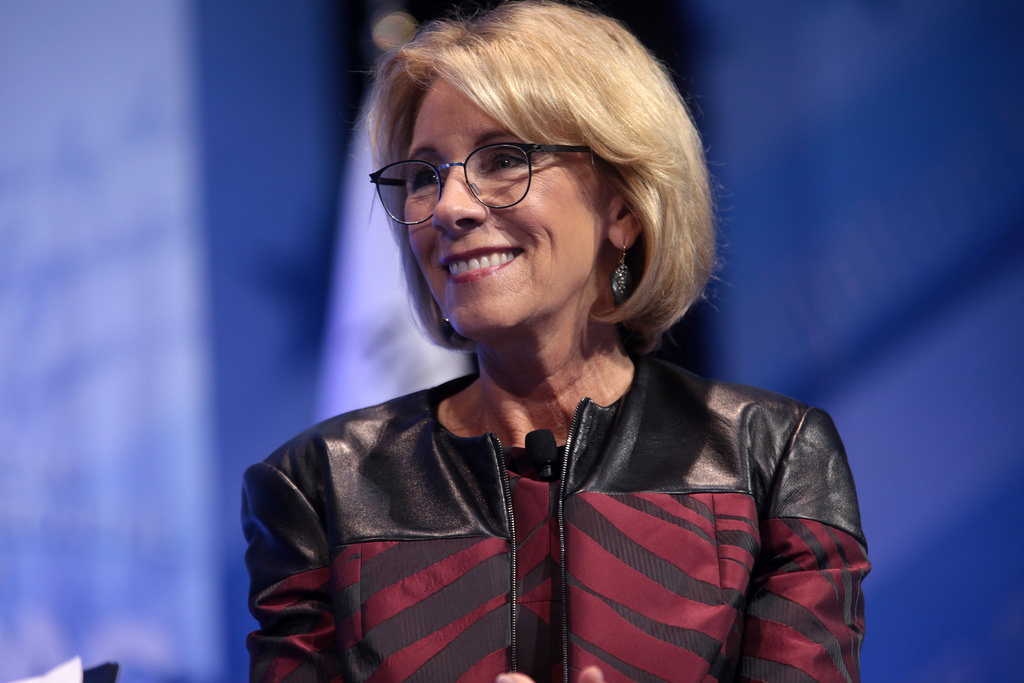
The Department of State, responsible for international diplomacy and development, is cut by 32 percent, to an abysmal 14-year low of $39.1 billion. This is especially important considering America’s position as a global leader in diplomacy and policy since such a significant decrease in funding indicates a desire by Trump to lessen America’s role on the world stage. Less funding means lower amounts of diplomacy, which shows that Trump wants fewer interactions with other countries. Such a move would be worrying to international organisations like NATO or the United Nations, which strive for more unity and participation among members.
This policy calls to mind his inauguration speech catch-phrase, “America First!” and other nationalist/isolationist rhetoric consistently used throughout the campaign. Such a shift is completely opposed to the US’s historical stance on global politics since it has taken the role of global policeman/world leader since the end of World War II. Withdrawing from the world stage would throw the US into a new era of uncertainty that it may have difficulty coming back from, since the destabilisation it will create may give rise to a new world order with a different power balance.
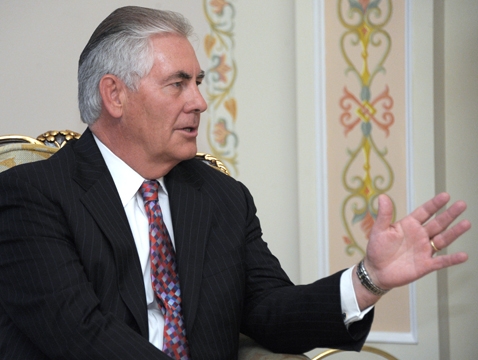
Housing and Urban Development, the department responsible for policies on housing and urbanisation, faces historic slashes of 15 percent, while the discretionary portion of the Department of Agriculture finds itself reduced by 21 percent, the lowest in at least 40 years. These reductions include cuts to urban development agencies and subsidies to small farmers which counter Trump’s campaign promises to help America’s poor, and marginalise key voting blocks in the Rust Belt and rural Midwest which helped get Trump elected.
The Department of the Interior, which administers most public land, US territories, and relations with native groups, is lowered by 12 percent, the smallest budget it would have in 21 years. This, together with a 31 percent decrease in funding for the Environmental Protection Agency, is a clear sign of the administration’s opposition to environmentalism.
While the Secretary of Defense, James Mattis, has called attention to climate change, other members of the Trump cabinet, including himself, have mentioned that they do not believe in the issue, and want to increase the profits of US corporations through less environmental regulations. Similarly, if NASA is only defunded by 0.8 percent, the cuts made prevent the agency from undertaking climate change research.
The departments of the Treasury and Justice are undercut too, leading to speculation regarding the debt and multiple pending judicial cases of international significance.
Finally, the departments of Energy, Commerce, Labor, and Transportation, responsible for major aspects of economic growth and jobs, all experience important decreases, despite promises to revamp the economy and bring jobs back to the US. This decrease again works in disfavour of Trump voting blocks, cutting them away from employment opportunities, and is highly negative towards America’s international competitiveness, since it debilitates major economic departments and prevents the US from expanding the infrastructure required to fuel an effective, growing economy.
Significance as a Whole
This budget is of international significance. Not only does it highlight Trump’s priorities: defence and maintaining American security, but it also showcases the sectors of government he feels are less of a priority.
From environmental and climate agencies to health and education, President Donald Trump has shown a markedly lower interest in welfare, for example. The move against diplomacy in combination with military buildup is concerning since it indicates a desire for a US withdrawal from the world stage as well as a more aggressive, force-based approach to government.
Even so, it may be interpreted as an attempt by the Trump administration to make a statement about the role of government itself. Attempts to decrease welfare and the power of governmental agencies hints at a desire to limit the power of government, a policy approaching Libertarian politics. The next step towards this move would be the acceptance of Trump’s plan, which requires the backing of both segments of the legislative branch.
Likelihood of Passing
Will this budget be ratified? The possibility is very unlikely. While there has never been a budget proposal that was not changed, this draft garners such opposition that it may be significantly modified. Apart from the agencies it cuts, multiple elements of the government have expressed aversion towards it, saying it is inadequate.
While the Democratic Party is uniformly hostile, many Republicans, especially established conservatives, also feel it is wrong. Some, like House Speaker Paul Ryan and Vice President Mike Pence, expressed support for agencies like TIGER, a transportation infrastructure program he wants to be abolished, and even members of the cabinet the President elected have misgivings about it, with Secretary of Labor Elaine Chao calling aspects of it “very modest.”
Further opposition stems from the states and areas of the country that would be disfranchised, like the Rust Belt and Mississippi, whose Great Lakes development plans and Mississippi Delta initiatives respectively would be dissolved. Significantly, companies for which the policies would be detrimental, like healthcare groups who would have to pay more to verify their products, are often against the budget and have to power to lobby against it.
These factions all have significant power to change the budget, with influence in the Senate, House, Executive Departments, and lobbying groups. With the administration already divided on how to establish the fiscal plan, it is thus likely that the budget will change, due to the scale of opposition and internal conflicts within the government.
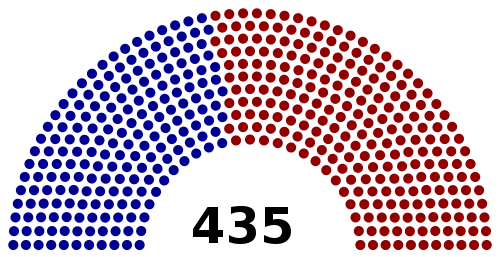
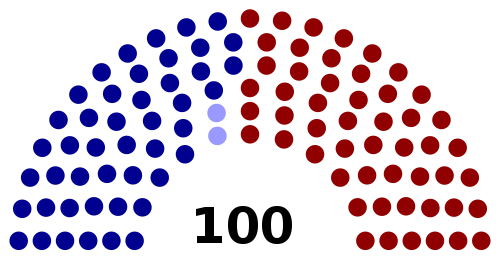
What is likely to emerge is a heavily modified plan which would act as a compromise between the groups disapproving of Trump’s plan. If the Democrats want more climate funding and military cuts, the Republican Party has more power in the Capitol and would be able to prevent this. The Democrats maintain the filibuster card in some respects and could prevent the ultimate ratification, leading to more negotiation.
What follows from now on remains to be seen. The fight in Congress is sure to be long, and the results are likely to be significantly different from Trump’s initial pick. At the same time, the budget is extremely important for the future of America and its role in the world, as well as for geopolitics in general. Time will tell how it progresses.
































































